After Glasgow, climate pain will zero in on Albanese
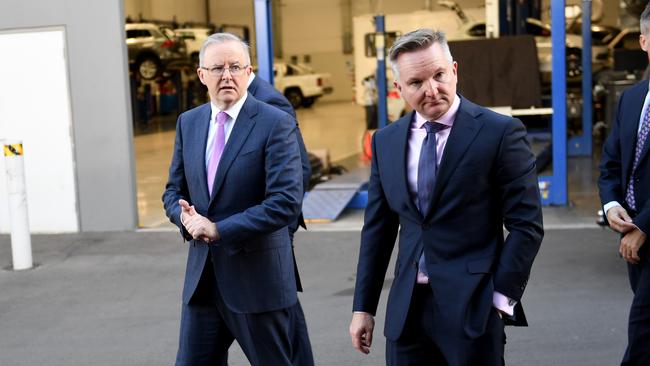
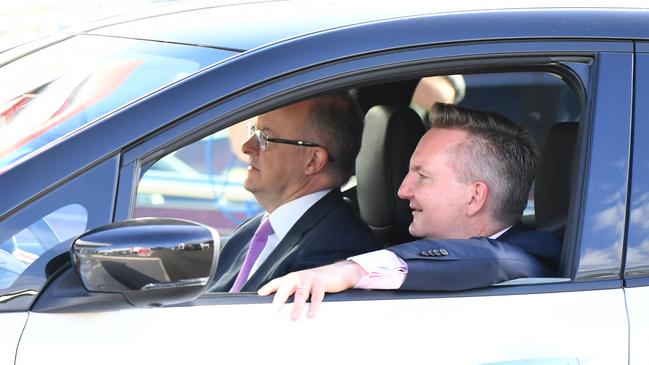
When the dust settles on negotiations between the Coalition partners on what position the government will take to Glasgow, the size of the challenge for Labor will be clear. Protracted talks within the Coalition should be enough to demonstrate to other world leaders that Australia is acting in good faith on a difficult issue domestically. Rather than set a revised target for 2030, as the US and Britain have done, the Morrison government is expected to detail the progress being made towards meeting the existing 2030 target of cutting greenhouse gas emissions by between 26 and 28 per cent below 2005 levels. It will argue that, unlike many other nations, Australia is well on the way to meeting its promise with projections that they may be exceeded by a wide margin. Under the rules of the Paris Agreement, Australia is not obliged to increase its official target for 2030 until next year.
The federal government’s game plan has been to under-promise and over -deliver, reassuring voters that it will take an economically responsible approach. Rather than a linear pathway to net zero, the Coalition’s favoured route is to back-end load the emissions savings in the expectation that technology will catch up with the task. Some argue that there is a cost to delaying action in terms of missing out on any first-mover advantage and diplomatically in appearing to free-ride off other nations. Dramatic cost reductions in solar technology, for instance, suggest timing can play a big part in the cost of transition. It is sobering to reflect that 2050 is still almost three decades into the future. Thirty years ago, mobile telephones were the size of a house brick and smartphones were something for the future. Who knows what technological advances will be made to ease the pathway to net zero in 30 years?
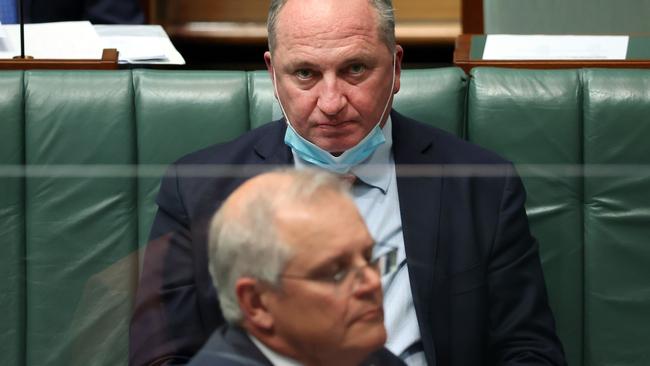
Labor was early to declare a net-zero target for 2050 but to date has been less prepared to detail exactly what its 2030 target will be after suffering at the ballot box for its uncosted approach at the 2019 election. If, as expected, Labor is to announce cuts of more than 40 per cent by 2030 it must be prepared to detail how much this will cost and how it will be achieved.
Greens leader Adam Bandt has started to bait Labor on the issue. He says once the Prime Minister commits to net zero by 2050, the Coalition and Labor policies will be the same. The Greens have prepared ads that say a vote for Labor is a vote for Barnaby Joyce on climate. Just as the Coalition must guard against losing votes unnecessarily to minor parties on the right, the Opposition Leader must be careful not to unwind the work that has been done to make his party acceptable to the regional mining communities, particularly in Queensland, that cost the ALP government in 2019. But he also must safeguard the inner-city seats being eyed by the Greens. Mr Morrison appears to be within reach of pulling off his highwire act on the issue that has cost previous leaders their jobs. He is not yet out of the woods. But the baton soon will pass to Mr Albanese, who has his own politically fraught terrain to navigate on the issue.


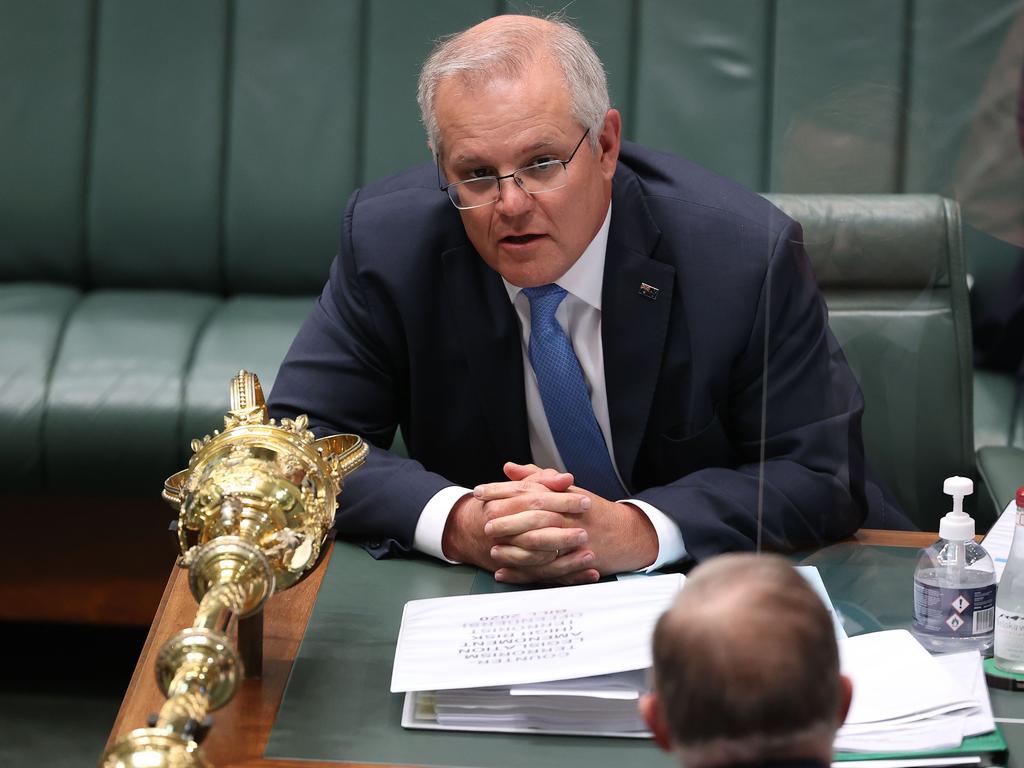
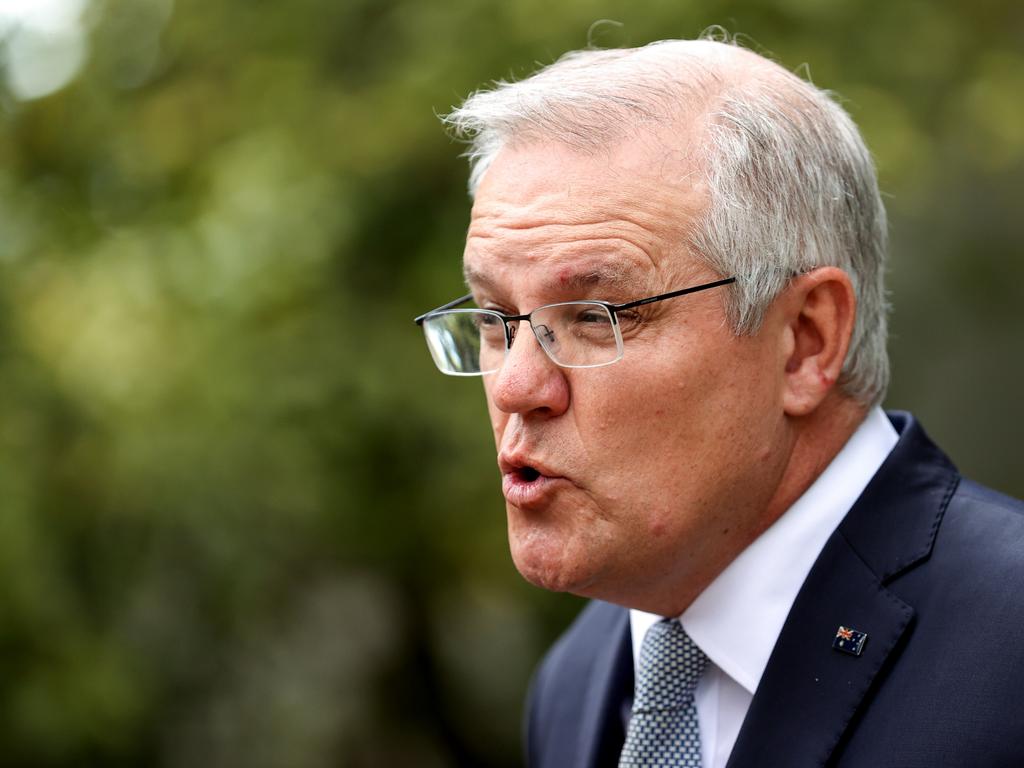

The likely prospect that the Morrison government will settle on a net-zero carbon emissions target for 2050 without strengthening its near-term 2030 ambition for the Glasgow summit presents a serious problem for the ALP. With Labor promising to set a 2030 target before the next election, and the Greens signalling they will campaign hard on ALP climate inadequacy, the danger for Anthony Albanese is that he will face a re-run of the losing 2019 poll. Despite widespread expectations of a Bill Shorten victory at that election, the ALP was outflanked by Scott Morrison on the twin issues of economic management and the cost of climate change action. In the public mind, higher ambition means increased cost, and polling shows that willingness to pay for climate promises remains low.